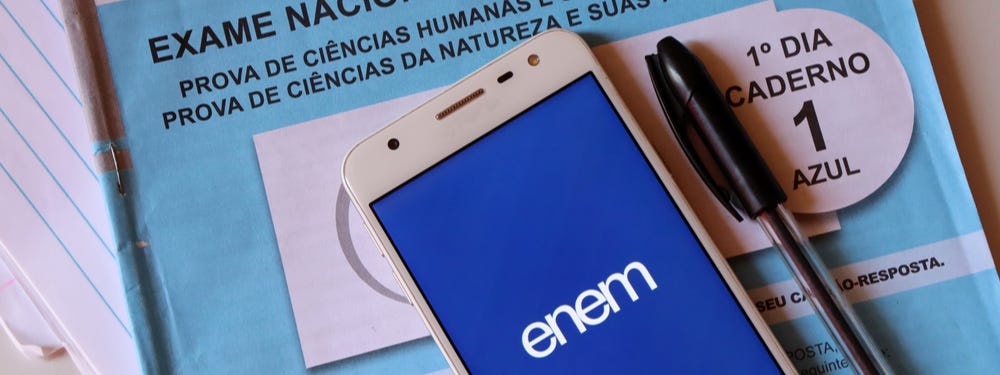The ENEM (National High School Exam) stands as Brazil's most crucial standardized entrance examination, playing a pivotal role in determining university admissions across the country. The exam has become increasingly competitive over the past decade.
The current Minister of Education has confirmed there will be no changes to ENEM's structure in the immediate future, maintaining stability in the examination system through 2024. This decision comes amid ongoing debates about the exam's role in perpetuating or addressing educational inequalities.
Significant disparities persist in ENEM outcomes across various demographic groups. These achievement gaps are particularly pronounced across race, gender, regional, and socioeconomic backgrounds[2]. The exam often functions as a "funnel," potentially amplifying existing educational inequalities and hindering opportunities for disadvantaged students.
To address these disparities, Brazil implemented affirmative action policies, including the Law of Quotas in 2013, which reserves 50% of federal university admissions for public school students, with specific targets for low-income and non-white students[4]. This policy has shown promising results, with studies indicating that race-based affirmative action has been more effective at increasing diversity than race-neutral policies.
Despite these interventions, critics argue that the ENEM continues to favor students from privileged backgrounds who have access to better educational resources and preparation. The exam's technical nature and content requirements often disadvantage students from Brazil's public schools, who frequently face teacher shortages and incomplete curriculum coverage.











